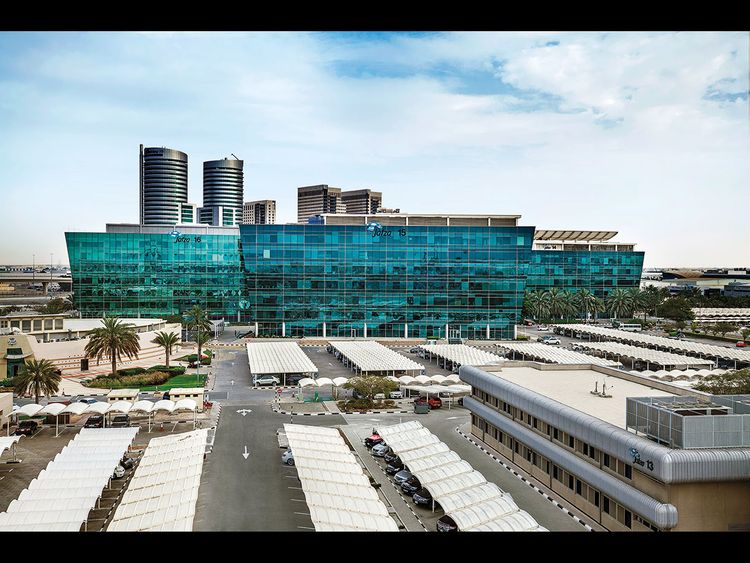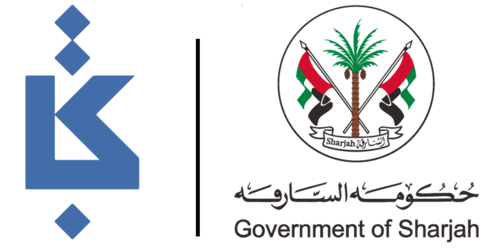
The Sharjah free zone business setup landscape has become a prime launchpad for startups and entrepreneurs seeking cost-effective, growth-ready environments. With over 2,000 registered companies, Sharjah Publishing City (SPC Free Zone) is driving SME success with fast licensing, flexible office solutions, and complete ownership. Entrepreneurs benefit from streamlined Sharjah company formation, low startup costs, and unmatched access to the UAE business ecosystem—all while staying rooted in a tax-free, innovation-first jurisdiction.
Strategic Support for SMEs and Entrepreneurs in Sharjah
Sharjah Free Zones like SPC Free Zone offer a full ecosystem designed around the needs of first-time business owners and experienced investors alike. The availability of affordable business packages, quick setup timelines, and investor-focused infrastructure makes it easier than ever for entrepreneurs to get started. With an emphasis on business flexibility, the zone provides trade licenses tailored to small business needs, digital registration support, and end-to-end assistance.
Sharjah also provides access to Dubai market entry opportunities, thanks to its strategic location in the UAE’s northern corridor. This opens broader commercial reach while allowing businesses to enjoy Sharjah’s simplified procedures, lower operational costs, and entrepreneur-friendly environment.
Business Setup Benefits That Scale with You
Whether you’re launching a small consultancy or expanding a creative business, Sharjah business setup solutions adapt to your pace. From 0% corporate and personal tax to 100% foreign ownership, SPC Free Zone ensures full control and profitability. Entrepreneurs also enjoy instant trade license issuance, remote company registration, and visa support.
First-time founders often worry about complex documentation—but Sharjah’s streamlined setup process removes the guesswork. With professional guidance and concierge-style onboarding, the free zone empowers entrepreneurs to focus on launching, not paperwork.
Dubai and Sharjah Region Advantages for New Businesses
Startups looking for affordable UAE business access increasingly choose Sharjah as a smart alternative to Dubai. The region offers better leasing terms, competitive setup fees, and fewer regulatory constraints. Dubai and Sharjah region advantages allow startups to serve UAE-wide clients while operating from a more cost-effective base.
Sharjah free zone licenses also cover a wide range of business activities—from digital services and consulting to publishing and e-commerce—making them ideal for SMEs seeking versatility and scalability.
Why SPC Free Zone is the Preferred Launchpad
SPC Free Zone continu§es to expand its reach through partnerships, such as its collaboration with Mashreq Bank to offer banking solutions to new investors. Its publishing-centric ecosystem is ideal for creative ventures, yet inclusive of all industries through a wide activity list. Businesses also benefit from shared workspaces, scalable office packages, and modern tech infrastructure.
From affordable rent to global investor services, SPC Free Zone makes Sharjah the go-to choice for company formation in the UAE.
Conclusion
Choosing a Sharjah free zone business setup is more than a startup decision—it’s a strategic growth move. Entrepreneurs gain market-ready advantages, from full ownership and fast licensing to cost-effective scaling and Dubai access, all under one supportive free zone umbrella.









